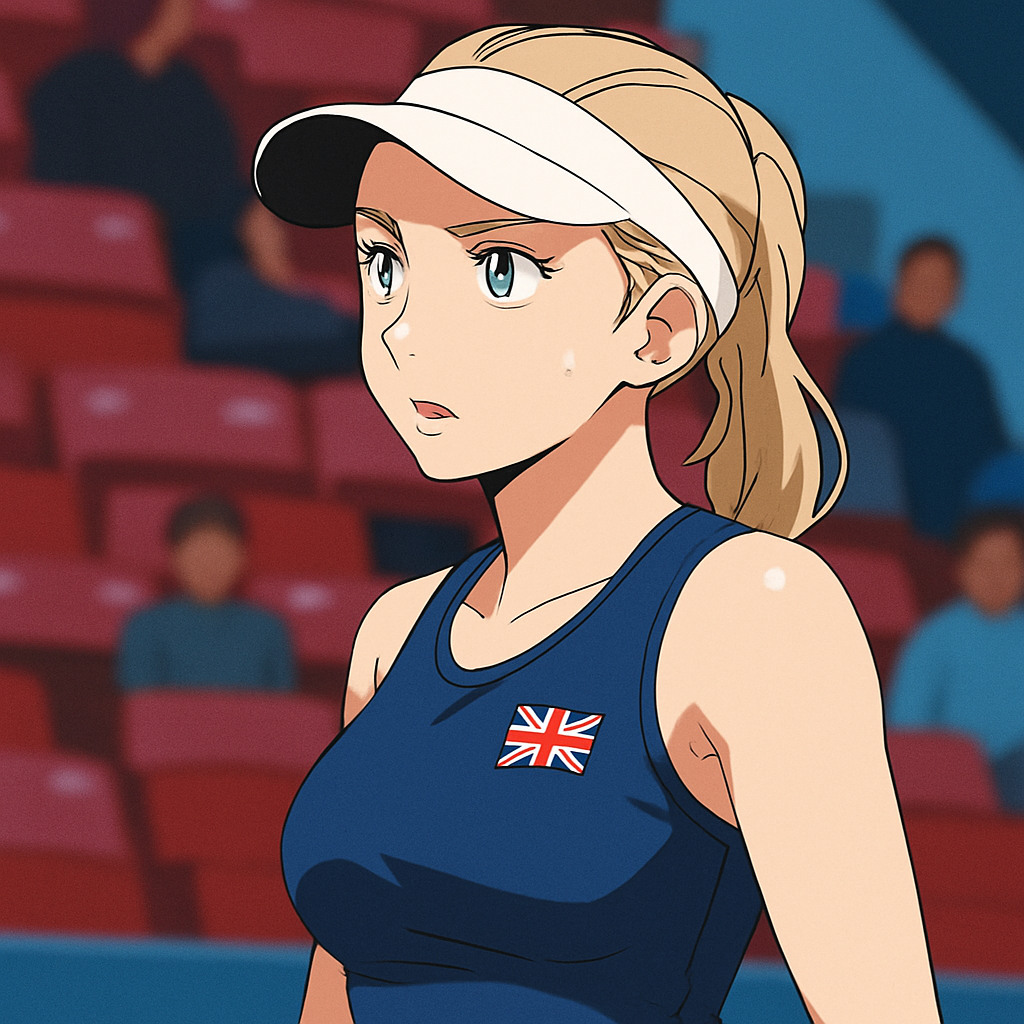LONDON — British tennis star Katie Boulter has opened up about the relentless online abuse she faces, revealing shocking messages including one that read, "Hope you get cancer." In an exclusive interview with BBC Sport, the world No. 30 detailed the psychological toll of social media harassment and called for greater accountability from platforms.
"It never stops" – The scale of abuse
Boulter, who reached a career-high ranking this year after winning the Nottingham Open, described how abuse spikes after matches: "Win or lose, the hate comes. Sometimes it's about my performance, other times it's personal attacks about my appearance or relationships." The 27-year-old shared screenshots showing:
- Death threats after losing to a Russian opponent
- Body-shaming comments about her Wimbledon outfit
- Racist slurs directed at her boyfriend, Australian player Alex de Minaur
Platform failures and tennis' response
Despite reporting hundreds of messages, Boulter says "only about 10% get removed by platforms." The WTA's digital abuse protection program, launched in 2022, has helped monitor her accounts but can't prevent initial exposure. "The damage is done the second I see those words," she told BBC Sport.
By the numbers: Tennis abuse in 2024
A recent Tennis Integrity Unit report shows:
- 73% of top-100 WTA players received abusive messages
- 1 in 3 threats qualify as criminal offenses
- Only 12% result in account suspensions
Psychological impact and coping mechanisms
Boulter now employs a psychologist to process the abuse: "I used to read every comment, thinking I needed tough skin. Now I understand it's not weakness to protect your mental health." She's developed strategies including:
- Turning off Instagram comments during tournaments
- Using AI filters to block harmful language
- Limiting social media to 30 minutes post-match
The abuse intensified after her relationship with de Minaur became public, with some messages blaming her for "distracting" him during losses. "The misogyny is unbelievable," Boulter said. "Nobody says these things to male players about their partners. I've had people tell me to 'go back to the kitchen' when I lose."
Calls for change
Boulter joins Emma Raducanu and Naomi Osaka in demanding stricter verification: "Anonymous accounts are the worst offenders. If platforms required ID like banks do, this would stop overnight." The LTA recently partnered with cybersecurity firm Darktrace to protect British players, but Boulter argues "this shouldn't be left to individual tennis federations – social media companies must take responsibility."
BBC Sport reached out to major platforms for comment. A Meta spokesperson said: "We remove violating content and disable accounts that break our rules. Our AI now detects 96% of hate speech before users report it." However, Boulter counters that "the 4% still amounts to hundreds of abusive messages per tournament."
Moving forward
Despite the abuse, Boulter remains determined: "I won't let trolls steal my joy for tennis. But I'll keep speaking out until something changes." She's working with the WTA Players' Council on new safeguarding proposals, including real-time moderation during live matches. "Nobody should have to read 'Hope you get cancer' just for playing sport," she concluded.

